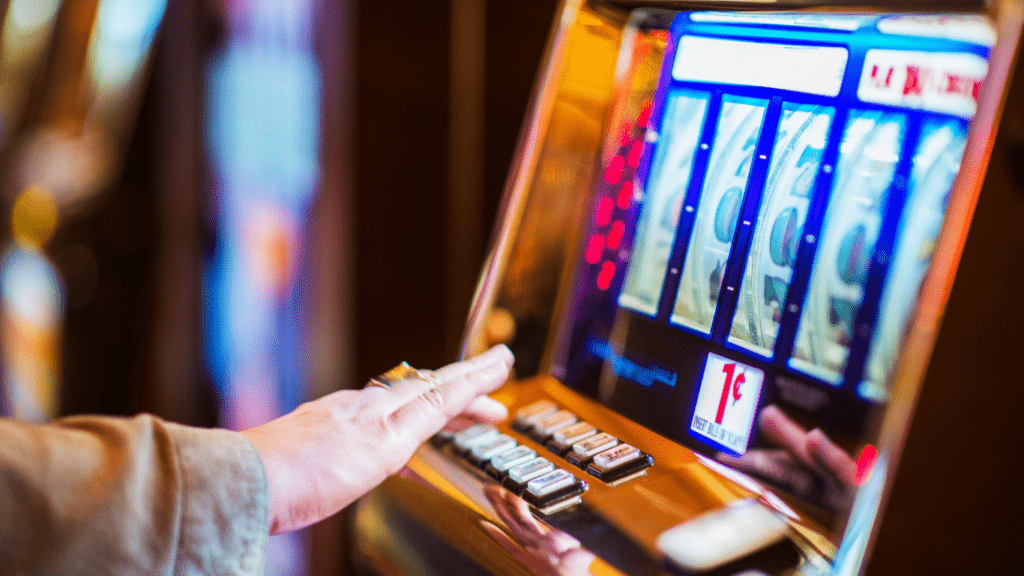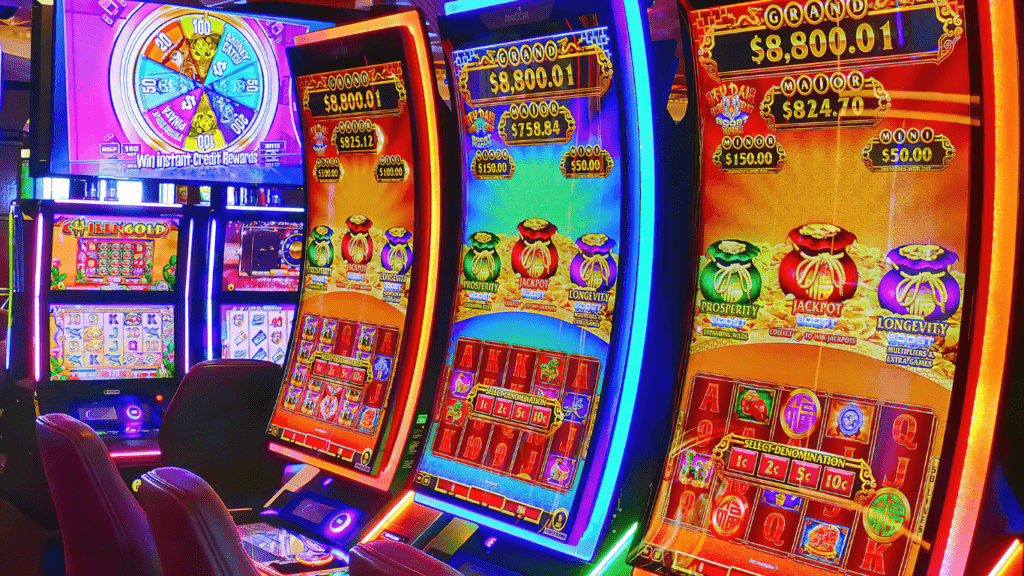Ever wondered why some spins feel more rewarding than others? Timing isn’t just about luck—it’s a strategic edge that can turn an average session into a winning streak. Whether you’re spinning for fun or aiming for big wins, knowing when to play and how long to stay in the game can make all the difference.
Understanding Timing in Gameplay
Timing plays a critical role in gaming, turning chance-based actions into calculated strategies. Mastering the concept of timing can refine decision-making and maximize performance.
Why Timing Matters in Gaming
Proper timing enhances efficiency and success rates during gameplay. For instance, spinning at moments when in-game events align with possible rewards increases the likelihood of favorable outcomes. Developers often design games with time-sensitive mechanics, such as limited-time bonuses or events, requiring players to act during specific intervals.
Timing also reduces resource wastage. In games with energy systems or spin limits, like mobile gacha games or RPGs, utilizing spins during significant opportunities conserves valuable resources while achieving better results.
The Science Behind Optimal Playtime
Research supports that players perform best during peak cognitive periods. For most individuals, this window falls in the late morning or early evening when focus and reflexes are at their highest. Fatigue decreases decision-making ability, making it less effective to play late at night or after extended sessions.
Game algorithms often influence timing. Some systems track user behavior, rewarding delayed or spaced-out playtime. For example, random reward mechanics (RNG) or loot systems may favor users who engage intermittently rather than continuously. Understanding a game’s algorithm allows for informed, strategic play.
Choosing the Best Moments to Play
Choosing the right moments to play optimizes performance and boosts results. Strategic timing integrates game mechanics with personal rhythms for maximum impact.
Peak Hours vs Off-Peak Hours
- Peak hours typically see higher in-game activity and competition.
- Late morning and early evening are common peak times, as studies suggest players are more focused and cognitively alert during these periods.
- Games with multiplayer elements may provide increased interaction and dynamic gameplay during these hours.
- Off-peak hours often offer reduced competition and faster matchmaking.
- Rewards in some games may be distributed differently during quieter periods, potentially increasing a player’s chances of securing resources or bonuses.
- I analyze activity trends within a game to determine when outcomes align most effectively with my goals.
The Role of Energy and Focus Levels
Energy and focus levels directly impact decision-making and reaction times. I find gameplay more rewarding when fully rested rather than during times of fatigue. Studies reveal cognitive performance peaks approximately two hours after waking and dips during mid-afternoon periods.
Leveraging focus and managing breaks helps maintain consistent performance. Consider pausing during long sessions to recharge attention spans. Tracking energy cycles helps identify when performance aligns with high focus, ensuring spins are utilized efficiently to maximize impact.
Deciding How Long to Play

Determining optimal play duration enhances performance and ensures strategic resource management. Focusing on balance and awareness of diminishing returns improves efficiency during gameplay.
Balancing Playtime with Performance
Sustained gameplay affects decision-making and reaction time. I prioritize shorter, focused sessions to maintain peak cognitive performance. For example, I set fixed durations of 30-60 minutes based on in-game mechanics and personal endurance. This approach minimizes fatigue and preserves concentration for high-stakes moments during spins.
Taking regular breaks aids focus and prevents burnout. Studies suggest intervals of 5-10 minutes for every 30 minutes of play to optimize mental clarity. Structuring sessions this way reduces errors and maximizes the impact of strategic spins.
Recognizing the Signs of Diminishing Returns
Extended play reduces returns, leading to wasted spins or poor decisions. When I notice slower reactions, increased mistakes, or decreased enjoyment, I stop to reassess. Fatigue and frustration often indicate that continuing would harm performance rather than improve results.
Tracking spin outcomes helps me identify patterns of diminishing returns. For instance, if reward values drop or decision speed declines after a set threshold, I adjust playtime to avoid unnecessary resource loss. Prioritizing quality over quantity ensures spins remain effective and satisfying.
Strategies for Maximizing Impact
Maximizing impact during gameplay requires deliberate strategies that align timing, focus, and duration with gameplay objectives. By incorporating specific methods, I can enhance efficiency and ensure better outcomes.
Setting Playtime Goals
Clear goals create structure and purpose during gaming sessions. I define objectives, such as:
- reaching certain levels
- achieving rewards
- completing challenges
before starting. For example, if my goal is to unlock bonuses, I focus my spins on events linked to those rewards. Tracking progress against these goals helps identify when to adjust strategies or timing.
I prioritize quality over quantity by limiting prolonged playtimes. Sessions of 30-60 minutes are sufficient to maintain focus while minimizing fatigue. Scheduled gaming sessions during late morning or early evening align with peak cognitive performance, boosting decision-making and reaction speeds.
Incorporating Breaks for Better Results
Regular breaks sustain focus and mental clarity. I include 5-10 minute intervals every 30 minutes of play to refresh my cognitive resources. These breaks prevent diminishing returns, allowing me to perform consistently during spins.
Physical activity or light stretching during breaks reduces mental fatigue. I use these moments to analyze gameplay patterns or evaluate spin outcomes, refining strategies for better results. Balancing rest and play prolongs both concentration and enjoyment, ensuring efficient use of each spin.



